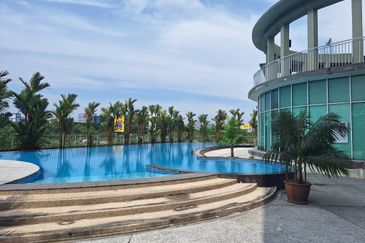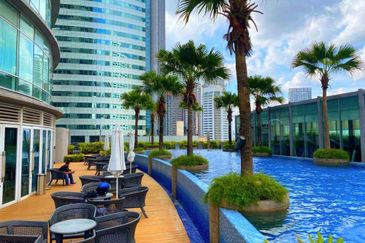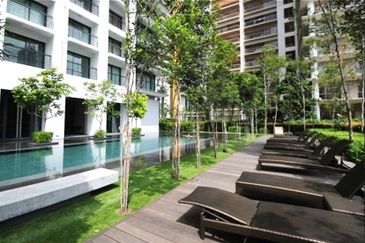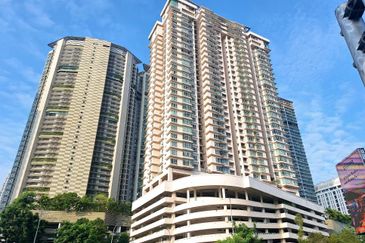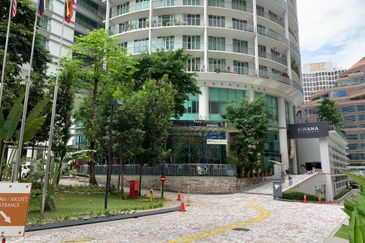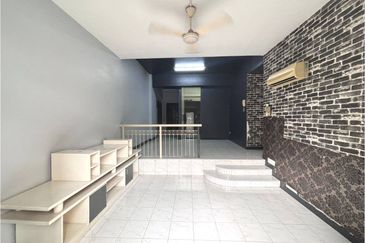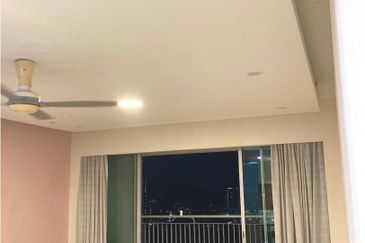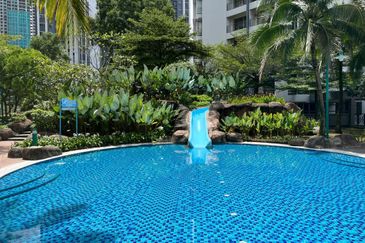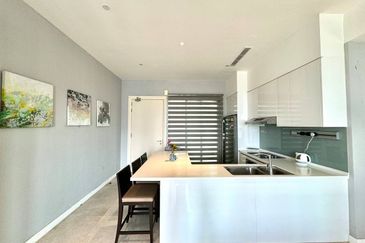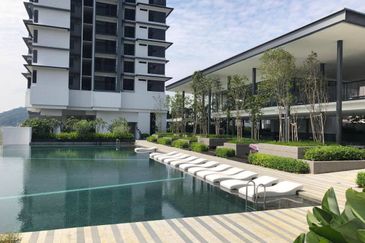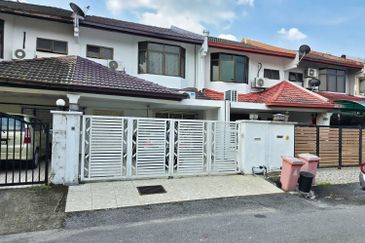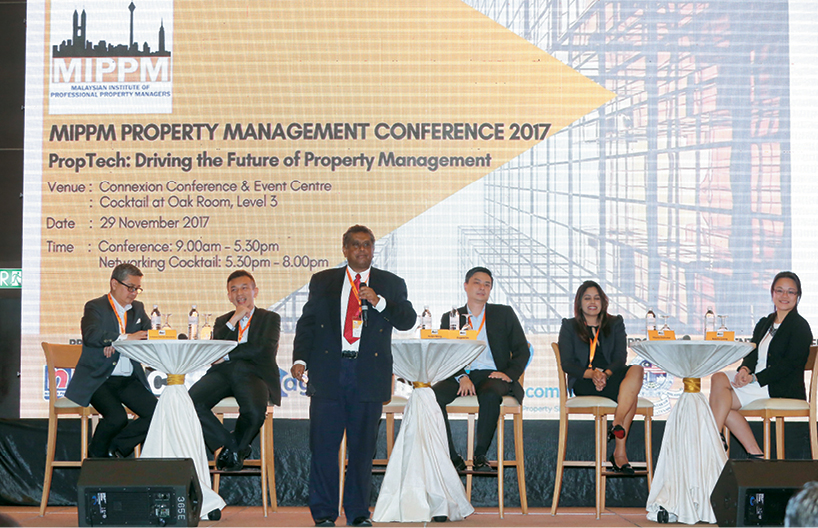
The advancement of new technology has changed not only the way we live but also the way we manage our properties.
Coupled with the Internet of Things, which connects people, things, data and processes, the interaction between people and devices is experiencing a major change and is transforming the way the world works.
In view of the future, it is inevitable that the property management industry will need to embrace and adopt technology in its operation.
“A lot of large global consultancy firms are appointing tech experts to head the technology revolution in all aspects of property technology (proptech) — not only property management, but in various areas.
“Hence, if we — be it small or big firms — do not leverage on the trend, there will be a big world out there that we may not be part of,” said Malaysian Institute of Professional Property Managers (MIPPM) president and Knight Frank Malaysia managing director Sarkunan Subramaniam during a forum at the MIPPM Property Management Conference 2017 themed “PropTech: Driving the future of property management” on Nov 29.
Joining the forum to discuss the “Challenges in implementing proptech in property management” were MIPPM vice-president and Exastrata Solutions Sdn Bhd CEO and chief real estate consultant Adzman Shah Mohd Ariffin; iSAP Solutions founder and CEO Kelvin Wong; Propconsult Services Sdn Bhd principal Eugene Liu; Cushman & Wakefield global technology solutions technology partner for India Nitasha Sreekumar; and Knight Frank Malaysia executive director of commercial property management Natallie Leong. The forum was moderated by Sarkunan.
Among the challenges faced by property managers was the low acceptance of technology by end-users. They also admit that property managements themselves sometimes lack the experience and knowledge in implementing property technology which could result in a painful and costly experience.

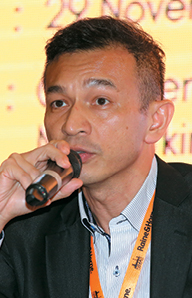
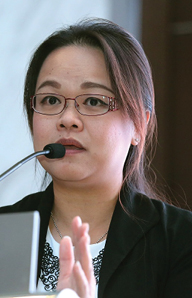
Start with the basics
In response to these concerns, Leong suggested to begin with the fundamentals and to not bite off more than you can chew.
“I think the top three challenges hindering the successful adoption of proptech can be summed up with three questions: ‘what do we want to do?’, ‘why do we want to do it?’ and ‘how should we do it?’.
“There are so many areas that proptech and IoT have ventured into, so depending on the size of your organisation and manpower that you have, let’s not bite more than one can chew.
“It is very important to know how much your organisation and team members can do — that is the most fundamental thing,” she said.
Wong concurred. He said a property management has to be very clear about its objectives in adopting proptech.
“At the end of the day, you need to understand, if you want to apply a certain technology for your purpose or your specific domain, ask what exactly you are trying to get out of it,” he said.
On top of that, Leong noted that due to the fact that people usually do not like changes, it is crucial for property managers who want to embrace technology to prepare and educate their clients to ensure a smooth process.
“Let’s put ourselves in the shoes of the end-user and think — how do we make these changes more bearable? In the context of residential or commercial properties, advance information and lots of planning from management are required. Give them three to six months of early notice to prepare and educate them so that they can see the vision of the management,” she said.
Cushman & Wakefield’s Nitasha believes that the property management industry is at a very good place currently to start embracing technology, as there is already a lot of relevant apps available in the market.
“You can start looking at incorporating some of the newer technologies — be just like a child and be willing to try new things,” she said.
Meanwhile, PropConsult’s Liu pointed out that although the attitude towards changes brought on by technology is better now compared to the past few years, the management corporations and joint management bodies in Malaysia are still very cost-cautious when it comes to technology adoption.
In view of this, Azdman said costs have been decreasing as new technology and applications become more popular.
“I’m sure we don’t have to spend that much except for customisation [to meet specific requirements]. We have to start somewhere. Explore the apps that are available in the market and find those that meet your needs,” he offered.
According to iSAP Solutions’ Wong, end-users generally view technology positively but the challenge lies in getting them to invest in it.
Hence, he opined proof-of-concept initiatives would be one of the best approaches to address the issue, as such initiatives require less funding and allow end-users to experience the apps themselves.
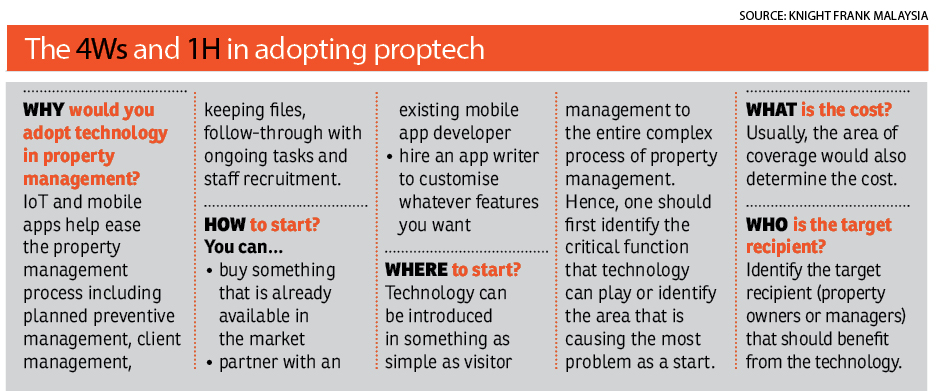
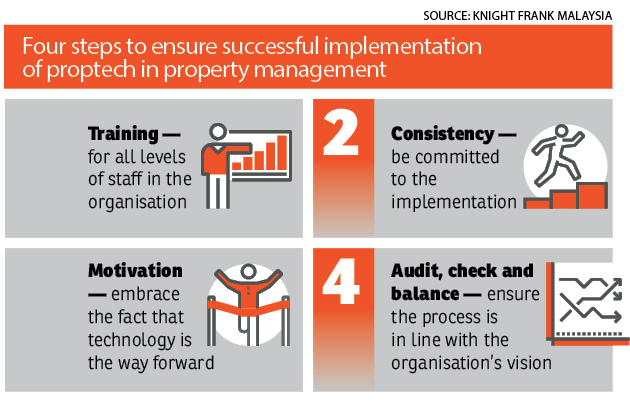
Integration, or differentiation?
End-users are also probably finding it frustrating to deal with the variety of apps available in the market, which is already very fragmented.
Azdman said there are shortcomings in the app development segment. For instance, he says some developers seem to ignore what is already widely available in the market and come up with similar products.
Thus, should there be one complete integrated app that offers various functions or should the industry remain specialised in a specific area? Opinions were mixed.
“I personally believe in differentiation. If all the apps have very little differentiation from each other, I don’t see how they can exist in the market for a long time.
“At the end of the day, you still have to segmentise the users that you want to serve and do the things you are good at. And you have to make sure that you have some differentiation so that no one can copy you,” said Wong.
Sarkunan concluded that there is no such thing as a best app that can cater to every need, but the best apps would be those that are able to integrate and upgrade when it is necessary.
He also believed that an app or system that cannot integrate with others will ultimately be phased out.
This story first appeared in EdgeProp.my pullout on Dec 8, 2017. Download EdgeProp.my pullout here for free.
TOP PICKS BY EDGEPROP
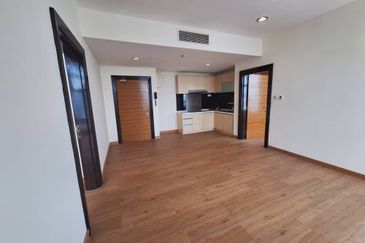
Dua Sentral Residential Tower
Brickfields, Kuala Lumpur
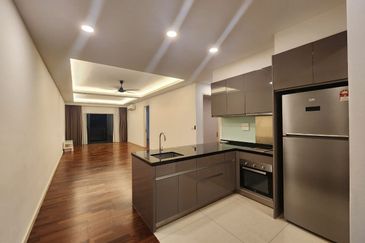
Kaleidoscope Residence
Wangsa Maju, Kuala Lumpur
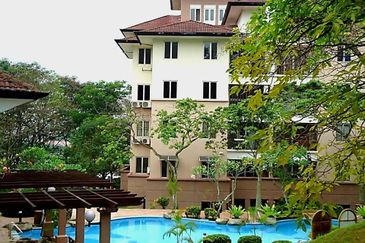
Sri Lojing Condominiums
Wangsa Maju, Kuala Lumpur

Sri Jelatek Condominium
Wangsa Maju, Kuala Lumpur
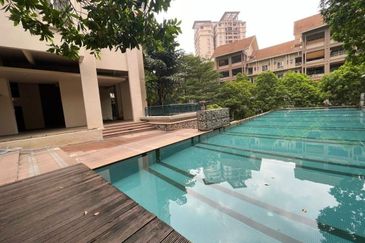
Seri Maya Condominium
Taman Setiawangsa, Kuala Lumpur
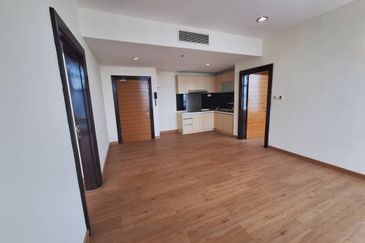
Dua Sentral Residential Tower
Brickfields, Kuala Lumpur
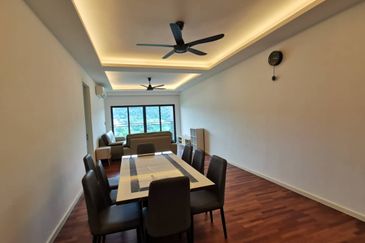
Kaleidoscope Residence
Wangsa Maju, Kuala Lumpur
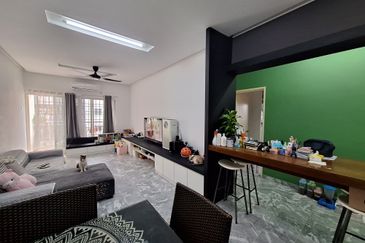
Kemensah Villa Condominium
Taman Melawati, Kuala Lumpur


